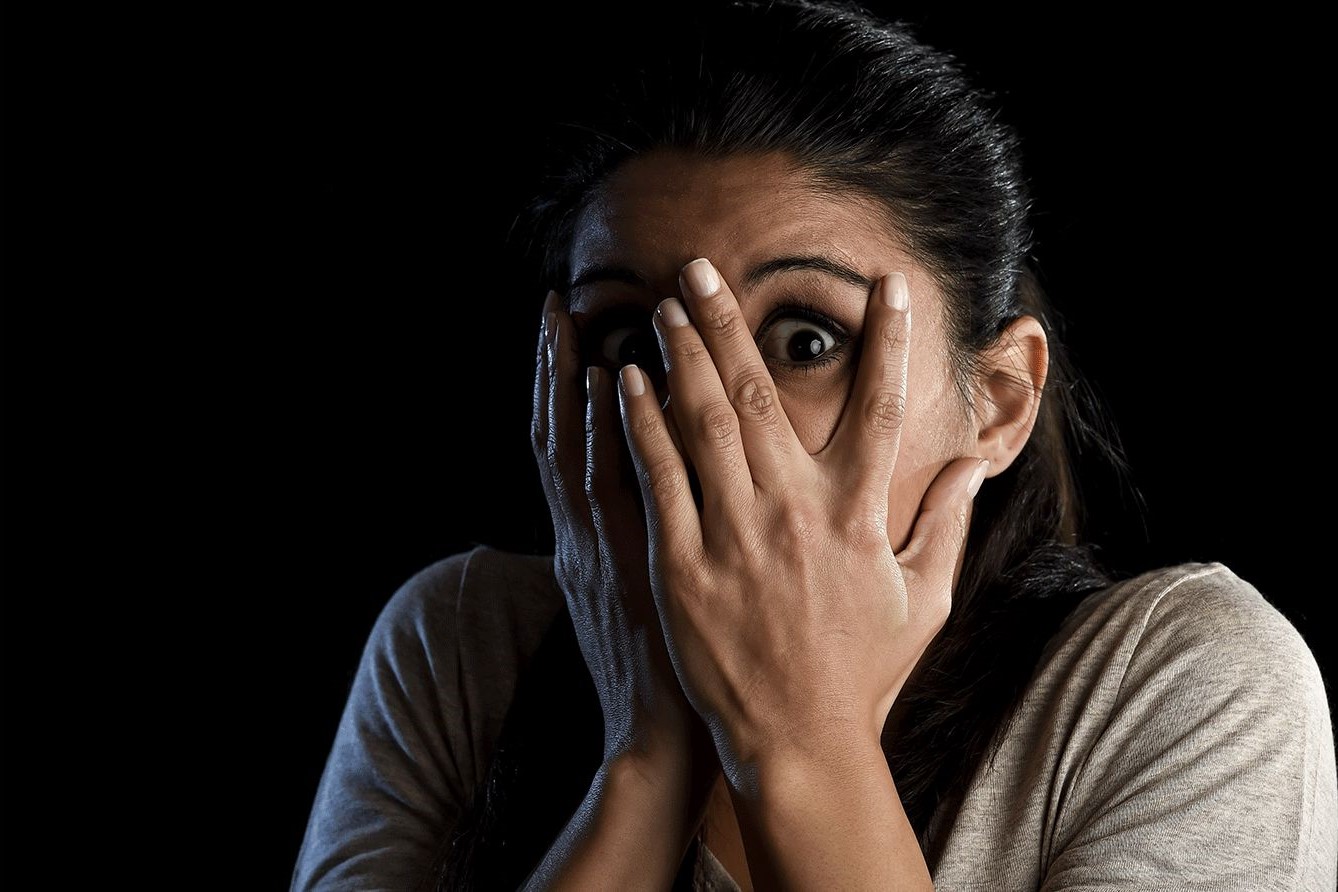
Rectophobia is a term that might sound unfamiliar, but it refers to a very common fear: the fear of rectal examinations. This phobia can cause significant anxiety and stress, especially when medical check-ups are necessary. Why do people develop rectophobia? The reasons vary, including past traumatic experiences, fear of pain, or simply the discomfort associated with the procedure. Understanding this phobia is crucial for both patients and healthcare providers to ensure better care and less anxiety. In this blog post, we'll explore 30 facts about rectophobia, shedding light on its causes, symptoms, and ways to manage it effectively.
Key Takeaways:
- Overcoming rectophobia is possible through therapy, medication, and support groups. Education about rectal health and mindfulness techniques can also help manage this fear and anxiety.
- Coping strategies like regular exercise, healthy diet, and open communication with healthcare providers can aid in managing rectophobia. Self-care practices and adequate sleep are also beneficial for symptom management.
What is Rectophobia?
Rectophobia, also known as the fear of rectal diseases or conditions, is a specific phobia that can cause significant anxiety and distress. This fear can stem from various sources, including personal experiences, medical conditions, or even cultural stigmas. Understanding this phobia is crucial for those who suffer from it and for those who wish to support them.
- Rectophobia is a specific phobia related to the fear of rectal diseases or conditions.
- This phobia can cause significant anxiety and distress in individuals.
- Personal experiences with rectal conditions can trigger rectophobia.
- Cultural stigmas surrounding rectal health can contribute to this fear.
- Medical conditions such as hemorrhoids or colorectal cancer can exacerbate rectophobia.
Symptoms of Rectophobia
Recognizing the symptoms of rectophobia is the first step toward managing this condition. Symptoms can vary from person to person but often include both physical and psychological responses.
- Physical symptoms may include sweating, trembling, and a rapid heartbeat.
- Psychological symptoms can involve intense fear, anxiety, and avoidance behaviors.
- Avoidance behaviors might include avoiding medical check-ups or discussions about rectal health.
- Panic attacks can occur in severe cases of rectophobia.
- Sleep disturbances may also be a symptom due to the anxiety caused by this phobia.
Causes of Rectophobia
Understanding the causes of rectophobia can help in developing effective treatment strategies. Various factors can contribute to the development of this phobia.
- Traumatic experiences related to rectal health can lead to rectophobia.
- Genetic predisposition may play a role in the development of this phobia.
- Learned behavior from family or peers can contribute to rectophobia.
- Media portrayals of rectal diseases can instill fear in individuals.
- Lack of knowledge about rectal health can exacerbate this phobia.
Impact of Rectophobia on Daily Life
Rectophobia can significantly impact an individual's daily life, affecting their physical health, mental well-being, and social interactions.
- Physical health can deteriorate due to avoidance of medical check-ups.
- Mental well-being can suffer due to constant anxiety and fear.
- Social interactions may be affected as individuals might avoid discussing their health.
- Work performance can decline due to the stress and anxiety caused by rectophobia.
- Relationships may be strained as loved ones struggle to understand the phobia.
Treatment Options for Rectophobia
Various treatment options are available for managing rectophobia. These treatments can help individuals cope with their fear and improve their quality of life.
- Cognitive-behavioral therapy (CBT) is effective in treating rectophobia.
- Exposure therapy can help individuals gradually face their fear.
- Medication may be prescribed to manage anxiety symptoms.
- Support groups provide a platform for sharing experiences and coping strategies.
- Education about rectal health can reduce fear and anxiety.
Coping Strategies for Rectophobia
In addition to professional treatment, individuals can adopt various coping strategies to manage their rectophobia.
- Mindfulness techniques such as meditation can help reduce anxiety.
- Regular exercise can improve overall mental health.
- Healthy diet can positively impact physical and mental well-being.
- Open communication with healthcare providers can alleviate fears.
- Self-care practices such as adequate sleep and relaxation can help manage symptoms.
Facing Your Fears
Rectophobia, the fear of rectums, might sound odd, but it's real for some folks. Understanding this phobia helps us empathize with those who experience it. Like other phobias, it can stem from traumatic events, cultural influences, or even misinformation. Treatment options like therapy and support groups offer hope for those struggling.
Facing fears isn't easy, but knowledge is power. By learning about rectophobia, we can break down stigmas and support those affected. If you or someone you know deals with this phobia, remember there's help available. You're not alone in this journey.
Phobias, no matter how unusual, deserve understanding and compassion. Let's continue to educate ourselves and others, creating a more empathetic world.
Frequently Asked Questions
Was this page helpful?
Our commitment to delivering trustworthy and engaging content is at the heart of what we do. Each fact on our site is contributed by real users like you, bringing a wealth of diverse insights and information. To ensure the highest standards of accuracy and reliability, our dedicated editors meticulously review each submission. This process guarantees that the facts we share are not only fascinating but also credible. Trust in our commitment to quality and authenticity as you explore and learn with us.
